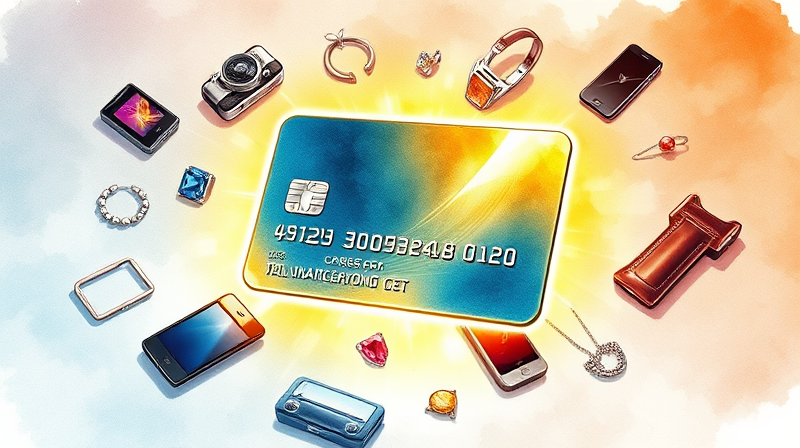
Discover how to protect your hard-earned money, navigate complex procedures, and emerge empowered when facing unauthorized or incorrect transactions.
Financial fraud comes in many forms, from unauthorized card transactions caused by data breaches to innocent errors like double charges. Recognizing these threats is the first step toward reclaiming control over your accounts.
Common reasons for disputes include:
Being aware of these scenarios helps you identify suspicious activity quickly and take immediate action.
Follow these six essential steps to ensure a thorough and effective challenge of any fraudulent charge.
Winning a dispute often hinges on the strength of your documentation. Collect and organize the following:
Well-organized evidence not only speeds up the investigation but also increases the likelihood of a permanent reversal.
Adhering to deadlines is critical. Missing a cutoff can forfeit your right to dispute.
A clear, concise written dispute can strengthen your position:
Professional tone and clarity ensure your request is taken seriously and processed without delay.
While a dispute is pending, provisional credits shield you from financial loss. These temporary funds stay on your account until the investigation concludes.
Until the issuer makes a final decision, your credit score remains safe. However, unresolved disputes that turn into charge-offs can harm your credit history.
Accelerate your dispute by following these tips:
Persistence and thorough preparation often tip the scales in your favor.
After resolving a dispute, focus on safeguarding your finances:
• Activate transaction alerts and set spending thresholds.
• Use chip-and-PIN or contactless payment methods for added security.
• Employ fraud prevention services like Ethoca Alerts and advanced merchant tools to detect threats early.
Staying vigilant and combining multiple safeguards will create a robust defense against fraud in the long term.
By mastering the formal dispute process, you can take charge of your financial well-being. Remember:
• Prompt action and organized documentation are your greatest allies.
• Understanding deadlines prevents missed opportunities for reversal.
• Clear, professional communication drives faster outcomes.
Empowered with this knowledge and proven strategies, you can confidently address any unauthorized charge and protect yourself against future fraud.
References













